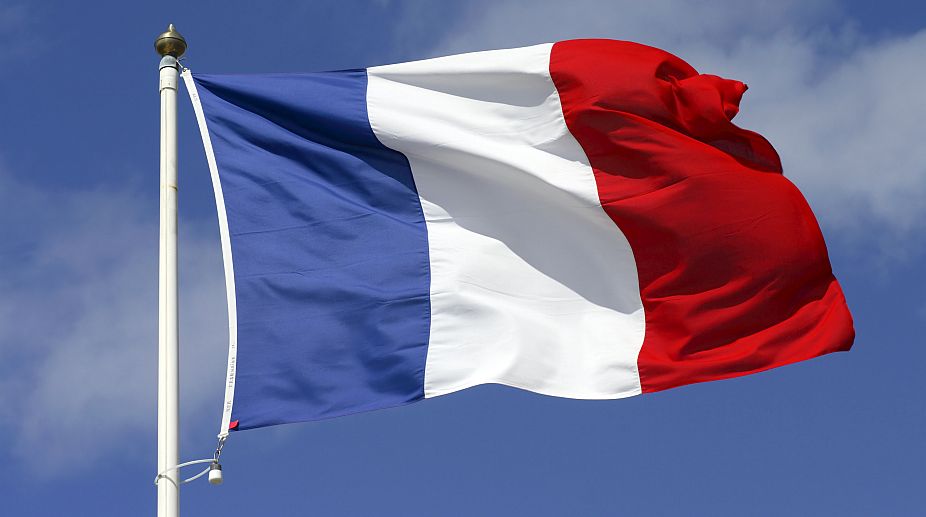PM Modi interacts with world leaders on G20 Summit sidelines
In this context, PM Modi welcomed the initiative of President Macron to organise the forthcoming AI Action Summit in France.
Continuing violence in France, in the wake of the shooting of a 17-year-old boy of North African descent, has led to widespread protests but, equally, thrown the spotlight on policing techniques practiced by a country that claims credit for espousing the values of liberty, equality and fraternity.

(PHOTO: Getty Images)
Continuing violence in France, in the wake of the shooting of a 17-year-old boy of North African descent, has led to widespread protests but, equally, thrown the spotlight on policing techniques practiced by a country that claims credit for espousing the values of liberty, equality and fraternity. The violence has erupted because of a deepseated belief among those of African descent that the state discriminates against them, indeed that the decision of a policeman to shoot down the youth would not have been taken if he had been of European ethnicity. This fear among France’s minority groups has found echo in the reaction of the United Nations High Commissioner for Refugees who, on Friday, said the shooting was a “moment for the country to seriously address the deep issues of racism and racial discrimination in law enforcement.”
This sharp indictment was accompanied by the advice to ensure that police forces “always respect the principles of legality, necessity, proportionality, non-discrimination, precaution and accountability.” The policeman involved in shooting the boy during a routine traffic stop has been charged with voluntary homicide and placed in provisional detention; he claimed he opened fire because he feared the boy would run him over with his car. But the action taken by authorities has failed to calm tempers, forcing authorities to deploy 45,000 extra policemen to prevent rioting.
But despite nearly 500 arrests on a single night, the violence continues and, as is often the case when mob fury erupts, has resulted in mass looting of stores and properties. Ominously, among the places looted was a shop selling rifles. Most of those out on the streets are youth, and they have continued with their protests despite appeals by the government to restore calm, and by the French football team which has asked them to find more constructive ways to express themselves. But France’s problems may not be confined to the institutional racism of its police force. Several rights groups have alleged that policemen in the country have a tendency to use excessive force, including truncheons, teargas grenades, rubber bullets and flash balls which can cause severe injury. Use of such force a few years ago to put down protests had led to more than 2,500 protestors being injured, with some losing eyes and limbs. Experts say that French police see themselves less as servants of the people and more as protectors of the state and government. A criminologist told a prominent British newspaper that the police are “wired to be insulated from society, to respond only to the executive”.
Advertisement
The other problem pointed out by experts is that French police carry more potent arms than their counterparts in Europe, which in turn leads to severe injuries and even death. But at the end of the day, the French establishment will have to eschew its tendency to protect policemen from even the most valid criticism, and take stern action against the transgressions of those in uniform.
Advertisement